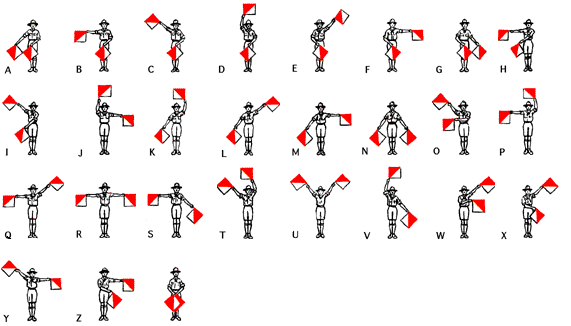 The term “virtue signaling†has been around for a few years now, though there’s some dispute about its origin. This guy claims he invented it.  But that seems to be false, the term has been in circulation for much longer than that.
The term “virtue signaling†has been around for a few years now, though there’s some dispute about its origin. This guy claims he invented it.  But that seems to be false, the term has been in circulation for much longer than that.
In any case, in its barest sense, signaling is a kind of implicature. I signal one thing by doing another. Virtue signaling borrows from this somewhat imperfectly. Instead of signaling my virtue by doing some other kind of thing, I signal virtue by making arguments or statements regarding virtue kinds of things. It’s not, in other words, the doing of one thing (taking out my recycling, for instance) to signal another (I love the planet). Rather, it’s the arguing or the saying itself that is the signaling.
Here’s how the pretend inventor puts it:
I coined the phrase in an article here in The Spectator (18 April) in which I described the way in which many people say or write things to indicate that they are virtuous. Sometimes it is quite subtle. By saying that they hate the Daily Mail or Ukip, they are really telling you that they are admirably non-racist, left-wing or open-minded. One of the crucial aspects of virtue signalling is that it does not require actually doing anything virtuous. It does not involve delivering lunches to elderly neighbours or staying together with a spouse for the sake of the children. It takes no effort or sacrifice at all.
I’m all for neologisms in the service of argument analysis. Scott and I have even coined a few of them. This one, however, seems confusing (see above), unnecessary, and (like qualunquismo) self-refuting.
As for the unnecessary part, there’s already a handy term (or maybe two) for what virtue-signaling means to single out: ad hominem circumstantial (on some accounts). The one who employs the VS charge, in other words, means to claim that a person is making a certain claim not for epistemic reasons (because they think it’s true) but rather to signal belonging in a group (I’m on the side of the angels). I don’t mean to say that this is inherently wrong, people after all make inauthentic pronouncements all of the time. But it’s certainly a difficult charge to make. You have to make a further claim of inconsistency to show that the person does not actually believe what they say (this would be another version of the VS). This is kind of hard. Often, in any case, it’s not relevant, thus the great risk that leveling the VS charge is just to commit the ad hominem circumstantial fallacy: you ignore the reasons and go for the alleged motives.
Now for the self-refuting part. If I by making some pronouncement regarding some moral claim M virtue signal, then does it not follow that the VS charge is itself subject, or potentially subject, to the same charge? It is at bottom a claim about what kinds of claims are proper to make in certain contexts. By leveling the charge I’m signaling that certain kinds of claims are improper in certain circumstances–that, in other words, it’s virtuous not to make them.